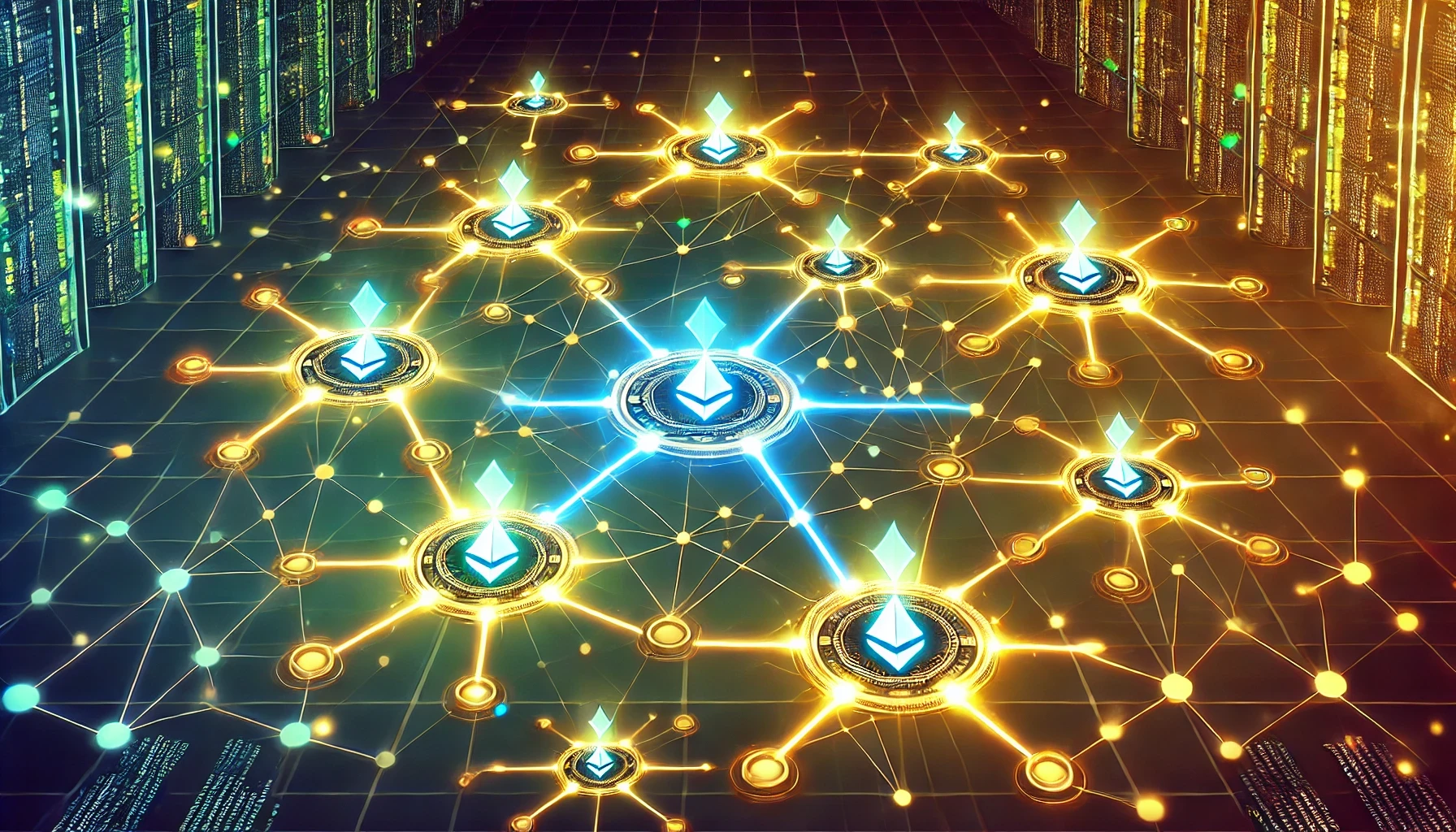1. What Are Governance Tokens?
Governance tokens are a type of cryptocurrency that grants holders voting rights in a DeFi protocol. They represent a shift from centralized decision-making to community-driven governance, enabling token holders to propose, debate, and vote on changes to the protocol.
Key features of governance tokens:
Voting Rights: Influence key decisions like protocol upgrades, fee structures, and treasury allocations.
Ownership Representation: Provide a stake in the protocol, sometimes tied to revenue sharing.
Tradability: Can be bought, sold, or earned, allowing participation by a broader audience.
Examples of governance tokens:
AAVE (Aave): Allows holders to vote on proposals for the Aave lending platform.
UNI (Uniswap): Gives users a voice in the development of the Uniswap DEX.
COMP (Compound): Empowers the community to shape Compound’s lending and borrowing markets.
2. How Governance Tokens Work
Governance tokens function by linking decision-making to the community through smart contracts. Here’s how the process typically works:
Proposal Creation:
Token holders or protocol developers draft a proposal outlining a suggested change, such as adjusting fees, adding a new feature, or altering tokenomics.
Discussion:
The community discusses the proposal on forums or governance platforms, providing feedback and refining the idea.
Voting:
Holders of governance tokens vote on the proposal. The voting power is often proportional to the number of tokens held.
Implementation:
If the proposal passes with sufficient approval, it’s executed automatically through smart contracts or by the development team.
Example:
In Compound, users holding COMP tokens can vote on whether to add a new cryptocurrency to the platform’s lending market.
3. Benefits of Governance Tokens
a. Decentralization of Power
Governance tokens distribute decision-making authority to the community, aligning with the core ethos of DeFi—decentralization. This reduces reliance on centralized entities.
b. Incentivized Participation
Holding governance tokens often comes with rewards, such as earning a share of the protocol’s revenue. This incentivizes active participation in the ecosystem.
c. Protocol Evolution
Governance tokens enable protocols to adapt and evolve quickly by allowing users to propose and implement changes without waiting for external approvals.
d. Community Alignment
When users have a say in the protocol’s future, they become more invested in its success, fostering a loyal and engaged community.
4. Challenges of Governance Tokens
a. Centralization Risks
Despite their decentralized intent, governance tokens can lead to power imbalances if a small group holds a significant portion of tokens.
b. Voter Apathy
Many token holders may not participate in governance due to a lack of interest or knowledge, leading to decisions being made by a small, active minority.
c. Complexity of Decision-Making
Complex proposals may require deep technical understanding, which can exclude less experienced participants from meaningful involvement.
d. Token Price Volatility
Governance tokens are often subject to market speculation, which can undermine their intended purpose and lead to short-term decision-making.
5. Real-World Examples of Governance in Action
a. Aave’s Proposal for Layer-2 Scaling
Aave governance token holders voted to implement Layer-2 scaling solutions, reducing transaction fees and increasing protocol accessibility.
b. Uniswap’s Fee Switch Debate
UNI holders debated whether to implement a fee switch to generate revenue for the platform, showcasing how governance tokens influence core business decisions.
c. MakerDAO and DAI Stability
MakerDAO token holders govern the DAI stablecoin, deciding on collateral types, stability fees, and other parameters to ensure DAI remains stable.
6. The Future of Governance Tokens
a. Enhanced Participation Mechanisms
As governance matures, protocols are introducing features like delegated voting, where token holders can assign their voting rights to trusted experts.
b. Cross-Chain Governance
Interoperability between blockchains will enable governance tokens to influence decisions across multiple ecosystems.
c. Improved Incentive Structures
Governance models will evolve to reward participation more effectively, addressing voter apathy and encouraging broader involvement.
d. AI and Governance Automation
Artificial intelligence may assist in analyzing proposals and suggesting improvements, making governance more efficient and accessible.
Conclusion
Governance tokens are a vital component of DeFi, democratizing decision-making and fostering innovation within decentralized ecosystems. While challenges like centralization risks and voter apathy exist, the benefits of community-driven governance far outweigh the drawbacks.
As DeFi continues to grow, governance tokens will play an increasingly critical role in shaping the future of decentralized finance. By participating in governance, token holders contribute to the evolution of protocols and the realization of a truly decentralized financial system.
